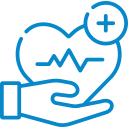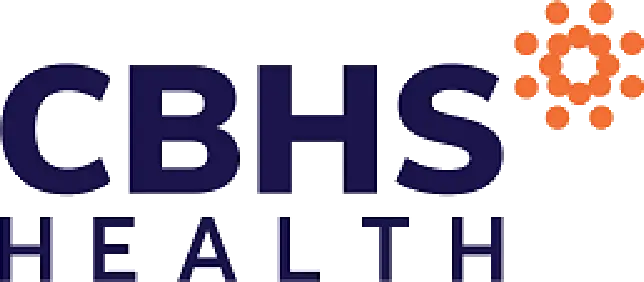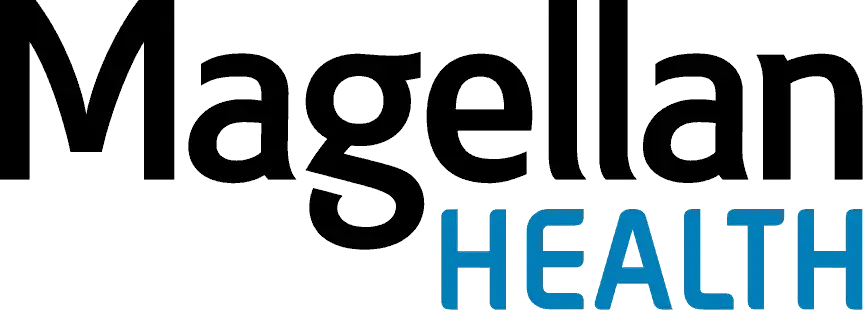Understanding Cocaine Abuse, Addiction, and Treatment
Cocaine and crack cocaine are potent, illicit stimulants. People use cocaine to stay awake, feel more energetic, and for its other pleasant effects.
Heavy or regular cocaine use can cause long-term effects on your mental and physical health. It can also lead to physical dependence or addiction. People who develop a substance use disorder may require treatment for cocaine addiction.
This article will explore cocaine addiction. You will learn how to identify the symptoms of cocaine addiction and how to find addiction treatment.
Reach out to the specialists at the Carolina Center for Recovery to learn about our effective treatment programs for cocaine abuse. You may also schedule an intake assessment or ask questions about your treatment options.
What is Cocaine?
Cocaine is a powerful stimulant drug. The Drug Enforcement Administration (DEA) classifies cocaine as a Schedule II drug. This means that it has a high risk for misuse and addiction.[1]
Millions of people worldwide use cocaine. The National Institute on Drug Abuse (NIDA) released data from 2021 showing that about 4.8 million people aged 12 and older had used cocaine in the previous year.[2] The research also showed that 1.4 million people lived with cocaine addiction.
There are two forms of cocaine. One is a white powder, which people snort. The other is a solid known as crack cocaine. Crack cocaine users heat the solid form of this drug and inhale its vapors to get high.
Cocaine works by causing the brain to release more dopamine. Dopamine is a neurotransmitter related to the brain’s reward and pleasure systems.
Cocaine also affects the effects of another neurotransmitter called norepinephrine. This brain chemical affects attention, arousal, mood, and memory.[3]
The Short-Term Effects of Cocaine Use
Cocaine can immediately affect your behaviors, health, and mood. Some of the short-term effects of cocaine include:
- Elevated blood pressure
- Faster heart rate
- Increased energy
- Heightened senses
- Euphoria
- Increased alertness
In addition to the desirable effects of cocaine use, people may also experience unwanted side effects. These may include:
- Restlessness
- Agitation
- Vertigo
- Panic attacks
- Psychosis
- Anxiety
- Unpredictable or violent behavior
- Irritability
- Muscle twitches
Cocaine’s effects don’t last very long, so people may use it multiple times in a short period. Heavy cocaine use and taking large doses can increase the risk of unwanted side effects.
The Long-Term Effects of Cocaine Abuse
Long-term cocaine abuse can damage your mental and physical health. People with cocaine addiction may
Some of the long-term effects of cocaine abuse include:[4]
- High blood pressure
- Heart disease
- Ulcers
- Damage to the digestive tract
- Liver and kidney disease
- Damage to the facial bones and sinuses
- Heart attack
- Chest pain
- Irregular heartbeat
- Malnutrition
- Excessive weight loss
People who become addicted to cocaine abuse may struggle with severe, sometimes life-threatening complications. They also face the risk of a cocaine overdose, which can be fatal.
People living with physical dependence on cocaine require supportive cocaine addiction treatment.
Recognizing the Signs of Cocaine Addiction
Cocaine addiction can take over a person’s life. It can damage their health, emotional well-being, and relationships.
Recognizing the signs of cocaine addiction can help you find treatment as quickly as possible.
Some of the signs of cocaine abuse and addiction include:
- Showing signs of cocaine use, such as excessive energy or erratic behaviors
- Physical symptoms of cocaine use, like dilated pupils, runny nose, weight loss, or nosebleeds
- Isolating or only spending time with others who use drugs
- New legal or financial trouble
- Needing higher doses of cocaine to get the desired effects (tolerance)
- Hiding or lying about their substance use
- Doing illegal or dishonest things to get money or cocaine
- Having withdrawal symptoms if they stop using cocaine
Cocaine is a very addictive drug. People who use it occasionally can quickly develop a dependence on it.
People with cocaine addiction usually require medical and psychological support to stop using it.
Cocaine Addiction Treatment
Cocaine addiction is a complex condition. People with cocaine addiction require comprehensive treatment and support to overcome the roots of substance abuse.[5]
Cocaine addiction treatment programs usually include:
- Assessments and screenings
- Medically-supported detox programs
- Individual therapy, including cognitive behavioral therapy (CBT)
- Support groups
- Family therapy
- Relapse prevention education
- Holistic therapies like yoga, mindfulness, massage, and nutrition support
- Aftercare planning
Holistic cocaine abuse treatment programs can help people safely stop using cocaine and avoid relapse. They support a person’s body and mind at each stage of recovery.
There are several levels of care in cocaine addiction treatment. These include:
- Inpatient or residential treatment
- Medical detox programs
- Partial hospitalization programs (PHP)
- Intensive outpatient programs (IOP)
- Outpatient programs
The level of care someone requires depends on the severity of their addiction, health, and other factors. The care team at a treatment facility will evaluate each person before and during treatment. This helps people get the tailored care they need to thrive in treatment.
Find Cocaine Addiction Treatment in North Carolina
If you or a loved one struggles with cocaine addiction, Carolina Center for Recovery is here to help. We offer effective treatment options that are compassionate and evidence-based. Our treatment programs ensure you have the tools and support you need to achieve long-term recovery.
To learn more about our cocaine rehab program in North Carolina, please contact us today.
References:
- Drug Enforcement Administration (DEA): Drug Fact Sheet: Cocaine
- National Institute on Drug Abuse (NIDA): Cocaine
- National Institutes of Health (NIH): The Neurobiology of Cocaine Addiction
- The Journal of Neuropsychiatry: The Neuropsychiatry of Chronic Cocaine Abuse
- JAMA Network: Comparison of Treatments for Cocaine Use Disorder Among Adults










